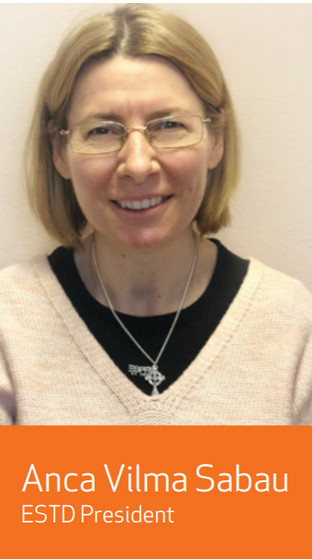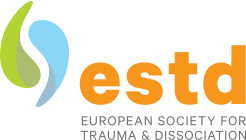
I hope this letter finds you well. In the last 3 months we all went through difficult and challenging realities. The COVID 19 pandemy has changed our lives at a personal and professional level. Most of us have experienced the psychological and social effects of lockdown, whilst trying to adapt to new ways of working with our clients or students using the online tools. Some of us found it difficult to work in this virtual reality; in some cases the feedback from our clients, especially in complex cases, was not so positive. During this period, both therapists and patients experienced some type of loss with regard to finances, friends, and sickness to the death of a loved one. We all got in touch with some form of pain, we all experienced the unsafe feeling. We have to be aware of it and take gentle care of ourselves.
Unfortunately, this stress is not gone; we are aware that the future will require constant adaptation. With that in mind, we have to focus on strengthening our resilience and find ways to reconnect in a meaningful way in this new context. As reports from WHO and UNESCO show, during the COVID 19 pandemic there has been a rise in violence and hate online. Due to lockdown in many countries, vulnerable populations are more exposed to domestic violence and sources of support like community centres, friends or therapists are partly reduced. Patients had to adapt to find help through online sessions, which was not so easy.
The Education Department at ESTD managed to highlight two important online materials, one is Self Caring for the Therapist by Anabel Gonzalez, MD., The other is a series of small videos that discuss grounding and containment techniques, presented by Ellen Jepsen PhD. Professor Andrew Moskowitz PhD kindly made possible free access to a webinar on the basic concepts of trauma, dissociation and attachment. We thank our colleagues for their efforts! The online work in presenting new materials will continue in the next months, in order to support the learning needs of our members. As we have seen in different countries, local online intervision and supervision groups were developed so therapists could find more anchors for their work. The ESTD Conference that was scheduled in Manchester, 2021, bearing in mind the circumstances we expect for next year (safety, difficulty in flying, financial reasons, etc), has been postponed until 2022. Meanwhile, ESTD is open to support our ESTD UK colleagues in organising their national ESTD Conference scheduled for the Autumn 2021, especially regarding an online aspect. Discussions are open regarding this.
There is some good news regarding the ESTD Journal, The Journal is referenced in Scopus and, mindful of the various complaints regarding access, our colleague Raphael Gazon is working on the creation of an easy direct access through the editor’s webpage.
Our goal is to increase communication between members and the Board in order to fulfil the new realities. You are welcome to contact us at membership@estd.org, and one of our Board colleagues will get in touch with you. We are a network of clinicians and researchers, so we are here to support each other. I wish you a peaceful Summer and holiday time and good strength in your work,
Anca Vilma Sabau, MD
President, ESTD
